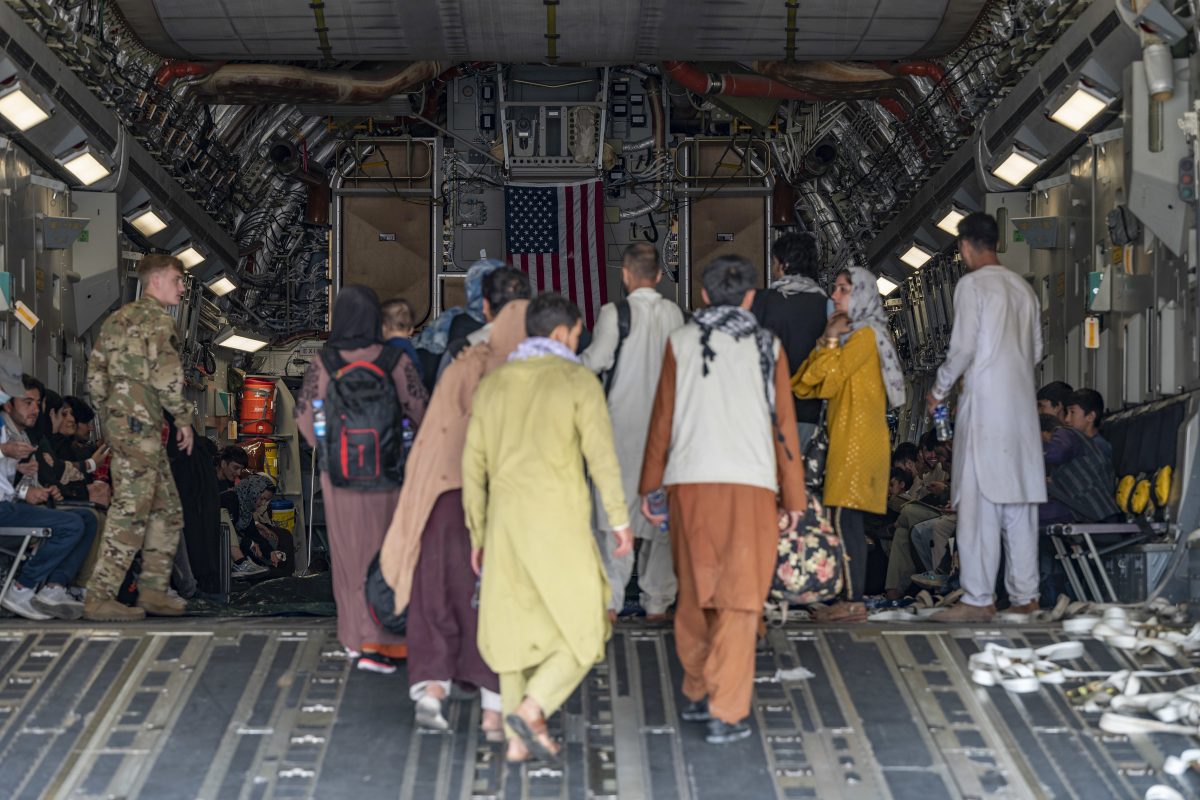Introduction to the Crisis
The Trump administration has been restricting the use of a visa program designed to help Afghans who aided U.S. troops during nearly 20 years of war in Afghanistan. This has led to a lawsuit against the U.S. Department of State by some Afghans who have been denied entry to the U.S. under the Special Immigrant Visa (SIV) program.
The Special Immigrant Visa Program
The SIV program is a pathway to safety for Afghans who have worked with the U.S. government or military. However, the program has been plagued by issues, including long processing times and strict eligibility requirements. The three plaintiffs in the lawsuit, identified as Yasini Doe, Jawad Doe, and Reza Doe, have been denied protection under the program despite having worked for the National Public Protection Force (NPPF), a security agency of the former U.S.-backed Afghan government.
The Lawsuit
The lawsuit claims that the State Department has unfairly denied the plaintiffs’ SIV applications. Each plaintiff submitted the required documents of their employment with the NPPF to the State Department, but received a brief note stating that they lacked employment to qualify for the program. The plaintiffs are asking the court to void the denial of their SIV applications, to have the State Department reconsider their cases, and to award them attorney’s fees and other appropriate relief.
The Human Cost
The denial of SIV applications has serious consequences for the plaintiffs and other Afghans in similar situations. "We already are aware of NPPF employees who have been killed by the Taliban or imprisoned," said Mevlüde Akay Alp, a senior staff attorney with the International Refugee Assistance Project. "Our plaintiffs and other people in their situation, their lives are in danger every day that passes." The plaintiffs are in hiding in Afghanistan, and their lives are at risk due to their association with the U.S. government.
The State Department’s Response
The State Department has declined to comment on the case, citing the government shutdown. However, a State Department official, speaking on background, said that the department "cannot comment at the current time." This lack of response has only added to the frustration and uncertainty faced by the plaintiffs and other Afghans who are seeking safety in the U.S.
Conclusion
The lawsuit highlights the need for the U.S. government to fulfill its obligations to Afghans who have aided U.S. troops. The SIV program is a vital pathway to safety for these individuals, and it is unconscionable that the State Department is denying them protection. The outcome of this case will have serious consequences for the plaintiffs and other Afghans who are seeking safety in the U.S. It is imperative that the U.S. government takes immediate action to address the issues with the SIV program and provides a safe and efficient pathway to protection for those who have risked their lives to support U.S. troops.




